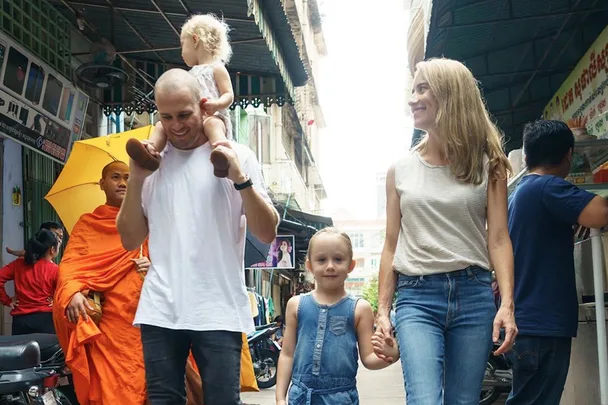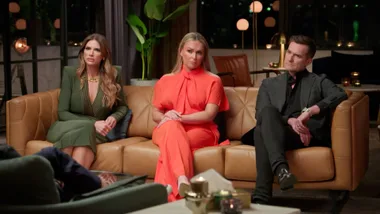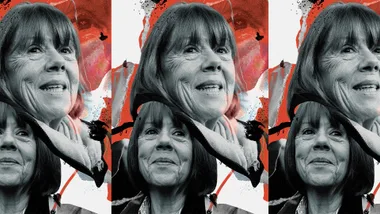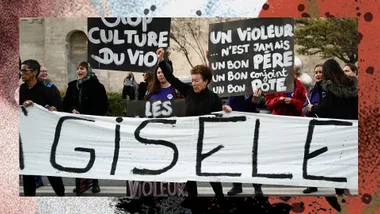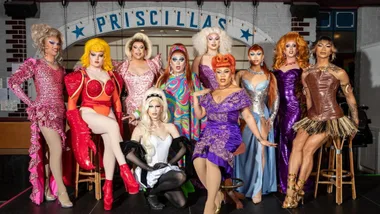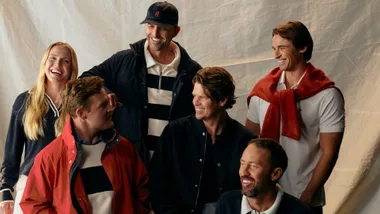“In the Outland Denim sewing room, I have a lot of people encouraging me. It’s not about the wage. I’m happy to work here because people help each other and they understand me. Now I can see a bright future ahead of me. I want to thank you for buying my jeans.” – Srey Malis.
That’s just one of the notes you’ll find printed inside a pair of Outland Denim jeans—and it’s not just some marketing ploy used by the brand, but rather a real, raw, thank you from the women tasked with creating the piece. After an encounter with the reality of human trafficking in the streets of Thailand, James Bartle founded Outland Denim, with the aim of starting a company where victims of such abuse could learn new skills, start afresh and support their families without fear.
The label employs Cambodian cutters, seamstresses and pattern makers, paying these women living wages, which grants them the agency to escape exploitation and slavery. The company is headquartered in Australia and has a training and production facility in Cambodia, where it invests in the personal development and well-being of its employees while innovating on ethical and environmentally responsible production practices. (Outland has an A+ score in an external audit by the World Aid Ethical Fashion Report, a feat not many other brands can attest to). Outland’s #zeroexplotation ethos extends right down their supply chain, which is detailed on their website, with each supplier going through rigorous checks to ensure its integrity.
“We want to keep getting better at our craft,” Bartle says of the company’s enormous growth over the past year. “So every season our product gets better and better and it’s about being able to bring people in that have no skills and then train them into making the most premium product that’s possible. That has the greatest impact on the social and environmental level as possible, as well. And that’s what these products absolutely have – the social impact of it is huge and the environmental impact, or lack of impact, is actually really huge on the environmental level as well.”
The brand shot to worldwide fame after Meghan Markle, Duchess of Sussex, stepped out in a pair of the now-iconic Harriet Jean. After being seen in the skinny black jeans while visiting Dubbo, Australia, Meghan not only drew attention to a label rooted in the country she was visiting but to a brand making a conscious effort to help disadvantaged women. Following that appearance, sales increased by a massive 640 percent, which enabled Bartle to hire 46 seamstresses in his Cambodian factory—many of whom were victims of sex trafficking or forced labour.
“The core of our business is about giving an opportunity to vulnerable women, and for Meghan to align so closely with that and to expose us to the world, it’s been huge,” Bartle said.
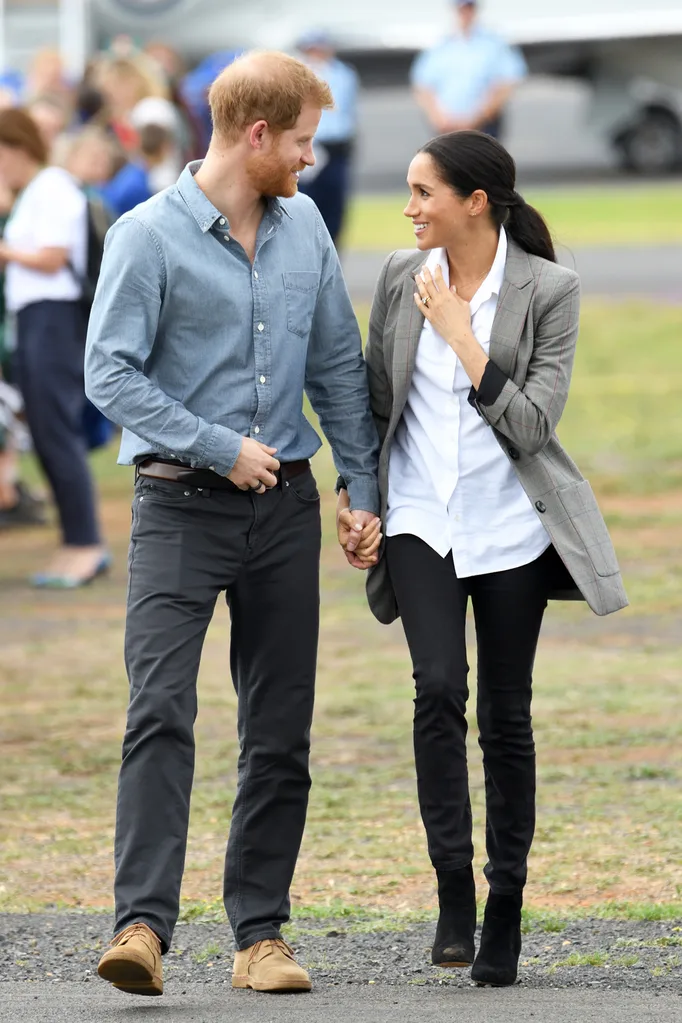
On top of Outland creating opportunities for women in Cambodia, it’s committed to reducing the environmental impact of the fashion industry, specifically the impact created from manufacturing denim.
“Part-way along our journey, we discovered that we’re in one of the worst industries in the world,” Bartle says. “We’re between the second and fifth-worst industries in the world as far as pollution goes, and denim is the worst. And so we’ve chosen a product which is the hardest to make, the most competitive to sell and creating the worst impact on the environment.”
Jeans, despite being a wardrobe staple for many, have one of the biggest environmental impacts of any item of clothing. Outland goes the extra mile to reduce their carbon emissions, pollution and wastage, though. Not only do they use plant-based dyes but their textiles are OEKO-Tex certified, meaning they’re free from harmful substances. Bartle also employs a production to demand ethos, which reduces unnecessary waste. By creating quality jeans in timeless designs they also ensure that each piece can last for years and can be worn countless times.
“We’re not creating fashion pieces that will be worn a few times and be put in the cupboard. We’ve always remained very committed to, if we’re going to create something, it’s got to be something that’s timeless,” Bartle adds.
And recently, the brand has implemented new techniques that uses laser technology, rather than water, to create stonewash and other denim effects.
That’s why Outland’s most recent collaboration with environmentalist and climate change campaigner Isabel Lucas for their new Alchemy range was a match made in heaven. Lucas has long dedicated herself to a list of causes close to her heart, such as Greenpeace and Sea Shepherd, as well as being an ambassador for the Human Rights Arts and Film Festival and longtime advocate for climate justice and of course, fashion that holds a purpose.
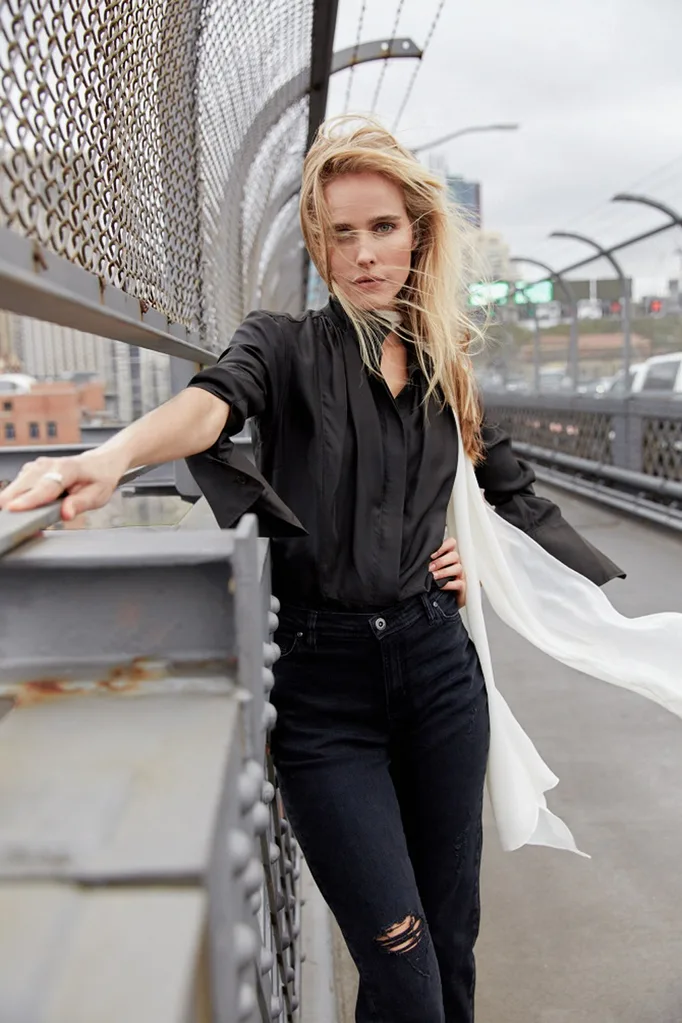
“Aligning with Isabel Lucas was a pretty obvious choice for us,” Bartle tells marie claire. “Because of who she is and what she stands for – we want every part of our business to be something that people can trust. And that comes down to if we’re going to align with a face and put them on our poster, they need to be somebody that we go, ‘Yeah, we think this is a good role model for others to follow’.”
The passion and enthusiasm behind this brand is evident when meeting Bartle to discuss the newest collaboration. “I will never forget as long as I live, asking one of the women what the journey has been and what’s the impact of having this job for her, and she said that since working for Outland she was able to build a home for her family,” he says of one of his seamstresses.
“We didn’t give her the money,” he adds. “We gave her a job and the skills and the opportunity. “Seeing the impact on many other women in similar and different ways, we know that on a social level this is life-changing and it’s not just for them, it’s for families.”
Outland’s message is no better finished than with one of the personal notes left inside one of the handcrafted pieces: “Here I have had training in English and tailoring. Before I was just a worker, but now one day I can be a manager. Thank you for buying my jacket.”
marie claire is supporting #WeWearAustralian, helping to shine a light on the Australian fashion industry amid the COVID-19 pandemic.
